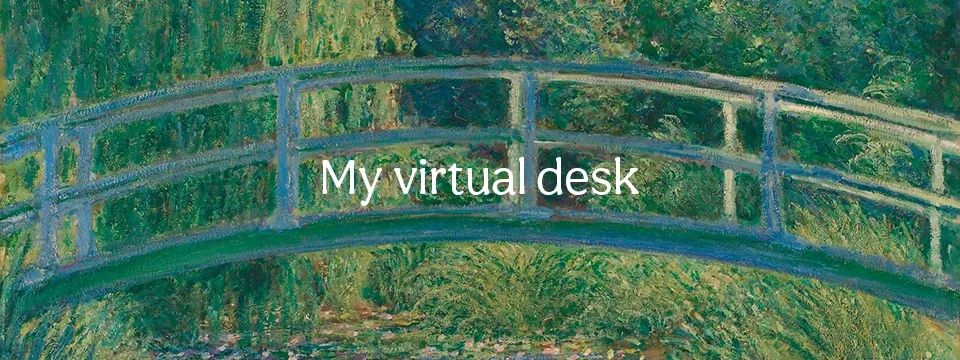What dictates my mood the most? Weather. Due to childhood experiences, I always enjoy bright, clear blue skies (I still do). Something about the warm sun rays hitting my skin, the clear blue sky with beautiful fuzzy clouds of various shapes, and cool wind blowing against me is just so soothing… It makes me feel in the moment, feel alive, and always fills me with warmth, joy, and an immense sense of hope. Part of the reason for that might be my exposure to Carl Warner’s absolutely breathtaking miniature food world series of photographs, which often featured a deep azure sky, and the fact that movies from my childhood that I enjoyed like Toy Story and Cars have similarly beautiful blue skies. So the association only became stronger.
On the flip side, some emotions are there without any clear association, yet they still make me feel a certain way. Take overcast skies, for example. I don’t like them. Like at all! They replace the beautiful sky with something that’s not ugly (that would’ve been better) but something worse… boring. Boring white. It’s as if the heavens are saying a “F* you” to me. I can’t count the number of days I’ve felt unmotivated whenever the sky turned pale.
I manage to turn things that I might run away from into something more bearable.
Of course, not all sunny weather is beautiful and not all cloudy weather is bad. Clear sky with a high amount of haze is something I never made myself comfortable with. This might be because of my experience as a kid traveling long distances in that hot and humid weather. At least overcast grays the sky and doesn’t do much apart from that, while high haze is a constant reminder of the aforementioned humidity or the pollution I constantly try to run away from. Cloudy or rainy skies are beautiful. There’s something nice and bittersweet about them. They’re dark, yes, but they’re also moody—the sky is trying to tell something. There’s something. I’ve also had many positive experiences in such weather, and after a while, they don’t seem as bad as I thought.
My point being that it’s totally possible to change the negative connotations associated with sensory experiences into more positive ones through conscious or subconscious effort… at least that’s what I could infer from my extremely limited experiments. It has actually been a very useful tool in my arsenal: I manage to turn things that I might run away from into something more bearable. I also managed to gain back my love for certain songs that once used to remind me of some sort of pain. All with deliberate practice.
Take Lovecraft’s eerie settings, for example. His stories are filled with cosmic dread and unsettling atmospheres that should theoretically make me uncomfortable. But instead, they bring me a sort of comfort. I think it’s because I associate them with being curled up in my comforter in the corner of my room, reading in warmth and safety. That feeling of coziness actually overpowered the eeriness of Lovecraft’s settings so much that I started seeking out similar literature and atmospheres. Now what was once meant to be unsettling has become something I actively enjoy—all because of the positive context in which I first experienced it.
It also helps me be more conscious about certain things—for example, I’d never set my favorite song as my ringtone or an alarm, lest I for some reason want to hate it to the core.
When used properly, this knowledge helps me get a bit more control of my life, and that’s a very good deal in my opinion. It’s funny how something as simple as paying attention to our associations can slowly transform the way we experience the world around us.

